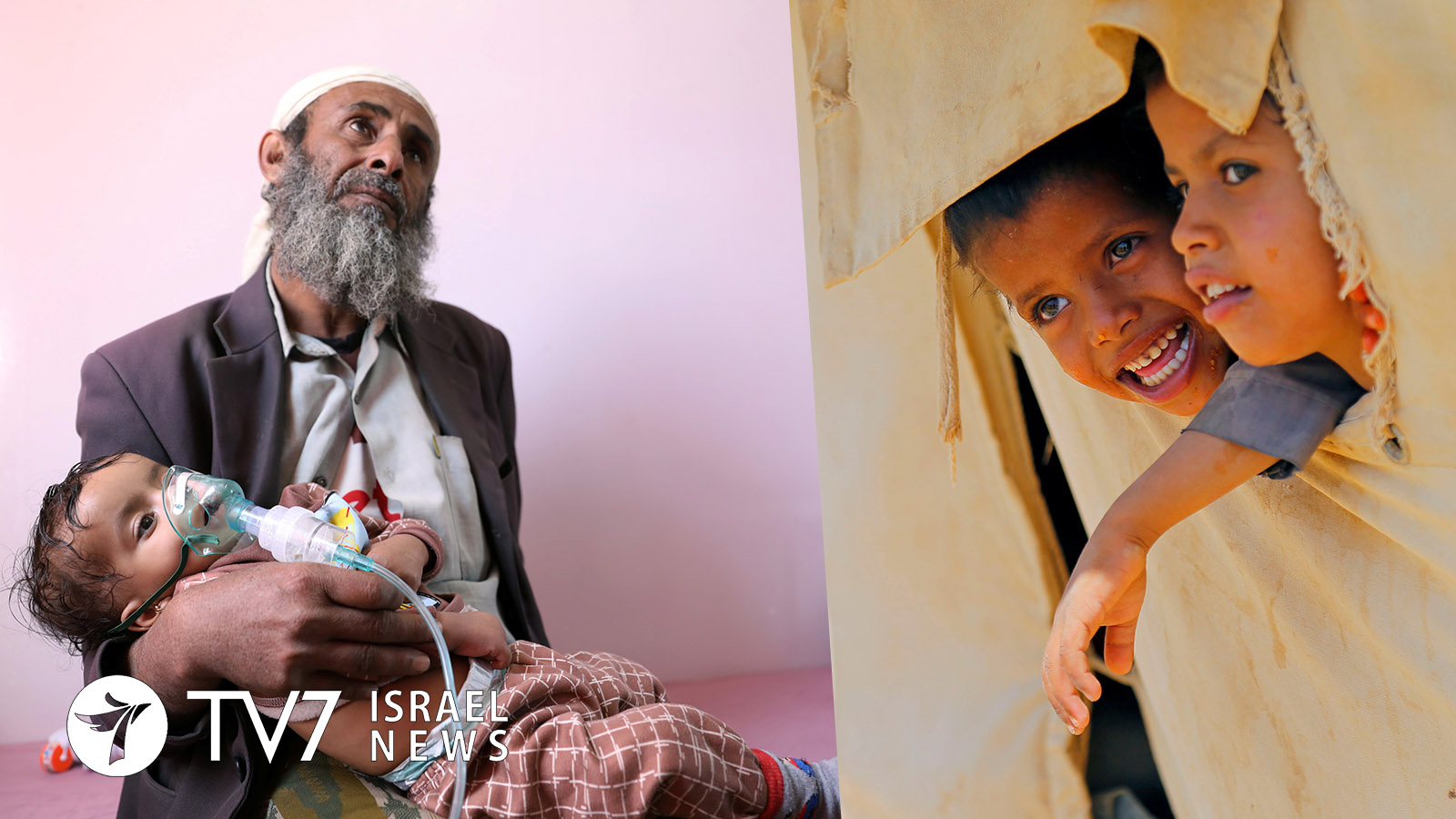The United Nations describes Yemen as the world’s largest humanitarian crisis, with 80% of the people in need.
Sir Mark Andrew Lowcock, a British economist who serves as the Under-Secretary-General for Humanitarian Affairs and Emergency Relief Coordinator of the UN Office for the Coordination of Humanitarian Affairs (OCHA) is warning that if urgent action is not untaken, “we’re going to see is the worst famine the world has seen for decades.”
The UN is hoping that at least $3.85 billion will be raised at a 1 March virtual pledging conference to cover humanitarian operations in the war-torn Arabian Peninsula country this year alone.
The UN aid chief, who been serving in the position since 2017, said famine was staved off in Yemen due to previous well-funded appeals in 2018 and 2019, including large donations from Saudi Arabia, the United Arab Emirates and Kuwait.
“What is alarming and what is different about the situation we’re in now is that there’s been such a big drop off in support for the aid operation that we’ve been cutting aid to starving people – not in an isolated way, in a way that affects millions of people all over the country,” Lowcock said on Wednesday.
Last year the UN received just over 50% of the $3.4 billion it needed, which Lowcock said was largely due to smaller contributions from Gulf countries.
Urging generous pledges and swift payment, he said at a news conference, “My message really to the Gulf countries… is you have an extremely important role to play here – what you did in 2018 and 2019 saved a lot of lives, frankly, and enabled us to avoid a total collapse and a tragedy of genuinely historic proportion. It’s now back on a knife edge.”
A Saudi Arabia-led military coalition intervened in Yemen in 2015, backing government forces fighting the Iran-allied Houthi group. The UN is now reviving efforts to end the war amid deteriorating conditions due to the COVID-19 outbreak as well as the collapse of the Yemeni economy and national currency.
The official name of the Houthi forces is “Ansar Allah,” meaning “Allah’s Supporters” in Arabic. The armed Islamist political movement formed in northern Yemen during the 1990s. Both they and Iran are followers of Shi’ite Islam, as is Tehran’s other proxy militia, the Hezbollah terror group. The Houthis slogan since 2003 has been “Allah is great, death to the US, death to Israel, curse the Jews, and victory for Islam.”
In May 2018, the administration of United States President Donald Trump imposed sanctions and designated Iran’s Islamic Revolutionary Guards Corps as a terrorist organization for providing support to the Houthis, including assistance in producing ballistic missiles for attacks on Saudi cities and oil fields.
Washington also designated the Houthis and 3 of its leaders as terrorists on 11 January 2021, in a move set to take effect 19 January 2021 – just one day before Joe Biden was sworn in as the new US President. The White House reversed that action earlier this month.
The United Nations, which has been working to revive peace talks to end the war, was concerned the US terrorist designation would further worsen what it has deemed to be the world’s largest humanitarian crisis in Yemen.
“This is an entirely man-made famine,” underscored the Under-Secretary-General for Humanitarian Affairs and Emergency Relief Coordinator.
